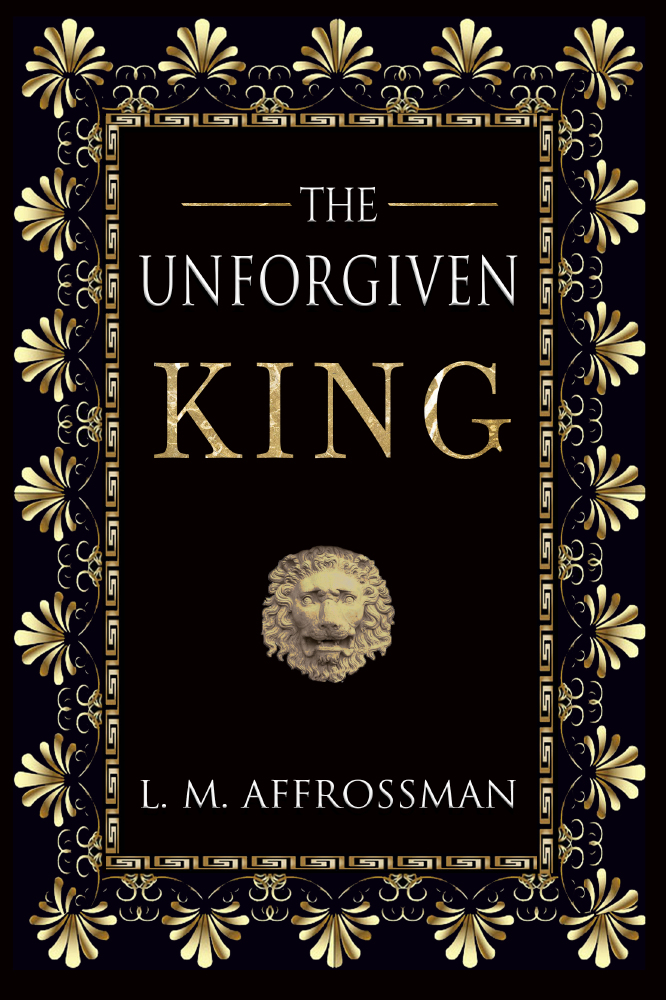Some people go searching for love or money or even fame. I go searching for invisible women.

The Unforgiven King
But before I go on, let me explain that I do not live Gilead-style in Margaret Atwood’s imagination. I’m very much here in the twenty-first century. At least my body is, my mind, however, often loses itself within deep time. This peculiar state of dual existence is almost certainly due to my uncontrollable reading habit. And it’s not just any reading habit because many of my favourite authors lived more than two millennia ago.
I can’t tell you why I do this. The habit formed in childhood. Perhaps my parents failed to give me the correct vitamins. But, whatever the cause, I feel an insatiable compulsion to read the words of men (and they usually are men) who have been dead for centuries. But the funny thing is, the more I read, the more the women pop out.
It’s almost as though they shouldn’t be there, that the historian doesn’t want them cluttering up his tidy catalogue of kings and conquests with their disorderly female conduct and mad ideas. Yet, somehow, these women insist on being there, refusing to be overlooked, squeezing themselves between the lines of history. Sometimes they don’t even have names, but try as they might the chroniclers just can’t ignore them.
In the second century AD, Roman historian, Cassius Dio felt forced to tell us about the feisty answer of a Caledonian woman, who was teased by the empress Julia about her sexual freedoms. She replied: We fulfil the demands of nature in a much better way than do you Roman women; for we consort openly with the best men, whereas you let yourselves be debauched in secret by the vilest. Clearly this is a woman bristling with the kind of liberation women wouldn’t feel again until the late twentieth century, yet the historian only records her as the wife of Argentocoxus.
Over and over again the histories fail to name their heroines. How many anonymous women are there in both the old and new testaments, known only as the sister or mother or wife of the nearest male? Two of my novels were inspired by the first century writings of Flavius Josephus, who can’t resist describing incredible women— the wife of a rebel leader; a slave who would later become a royal princess. Yet he does this without ever going to the trouble of telling us who they were.
My new book, The Unforgiven King, is about a woman who lived over two millennia ago at the time of Herod the Great. She was an extraordinary individual, a slave who become one of the most powerful members of the royal court, and who knew many of the most famous names of the day— Mark Antony; Cleopatra; Julius Caesar; Octavian, etc. Yet she is barely mentioned in the history books, and we have all but forgotten her. In my novel, I have tried to bring her back to life so that she can finally tell her story in full.
Anonymity throws a cloak of invisibility over these women. It is hard to identify with the heroic acts of someone you cannot name. How inspiring would Odysseus, Socrates, or Nelson Mandela be if they were only known as the son or brother or husband of a woman?
So, I guess I’ll go on reading because, they’re out there, from Raphael’s La Muta, staring silently out of her portrait, to Shakespeare’s Dark Lady. And I want to find them, all those women in the shadows waiting for the light to finally illuminate them.
The Unforgiven King by L. M. Affrossman is available now

